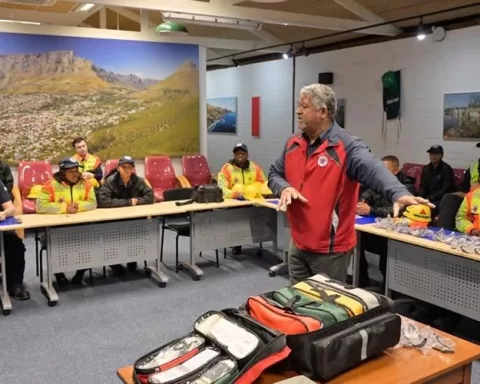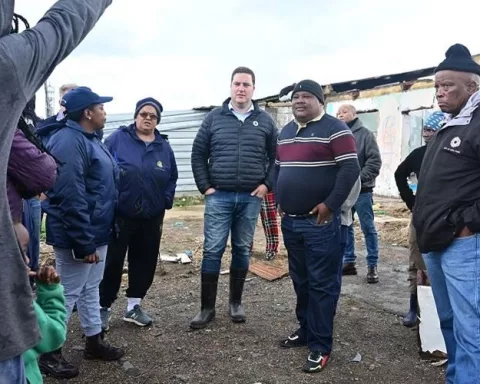In the past few days, Western Cape has been dealing with the aftermath of severe flooding caused by a series of cold fronts that hit numerous regions between June 14 and 19. The Cape Winelands and West Coast areas suffered the most significant damage. The Provincial Disaster Management Centre (PDMC) has been leading a coordinated effort to manage the disaster and provide humanitarian assistance to affected communities.
The Coordinated Disaster Management Response
The disaster management response has involved multiple entities, including the South African Air Force, West Coast District Disaster Management, SARZA Search and Rescue, South African Police Service, Provincial Traffic Department, City of Cape Town, Provincial Emergency Medical Services, National Sea Rescue Institute, and Gift of the Givers Foundation. The PDMC, with its extensive experience in handling extreme weather events, has played a pivotal role in leading the coordinated response.
Gratitude Towards Stakeholders
Premier Alan Winde expressed his gratitude to all stakeholders for their unwavering dedication and commitment in ensuring the safety of numerous individuals. He commended their efforts in responding not only to this disaster but throughout the year, remaining prepared to respond at any time. However, the flooding has already claimed two lives, which is tragic.
Around-the-Clock Disaster Management
Disaster officials have worked tirelessly to manage the situation around the clock, prevent further loss of life, and protect critical infrastructure. Premier Winde thanked MEC Bredell and his team for their consistent handling of the event. Colin Deiner, Chief Director of the PDMC, provided an overview of the response activation, which was conducted in accordance with the center’s comprehensive winter readiness program.
Areas of Focus in Impact Assessment
The ongoing impact assessment has focused on several areas, including flooding in formal and informal settlements, damage to farming communities and road infrastructure, displacement of vulnerable populations, disruptions to essential services, and road closures affecting traffic flow.
The Importance of Collaboration in Disaster Management
MEC Bredell emphasized the crucial elements needed for coordinating such a disaster response, such as proper infrastructure and highly trained experts always ready to respond. He acknowledged the tremendous amount of dedication and expertise required to tackle such a massive undertaking. As Western Cape prepares for the recovery and reconstruction phase, the public is urged to remain vigilant and avoid areas still affected by flooding, such as river crossings and damaged roads. This ongoing disaster management endeavor serves as a testament to the power of teamwork and collaboration, revealing the fundamental importance of joint efforts in the face of adversity.












